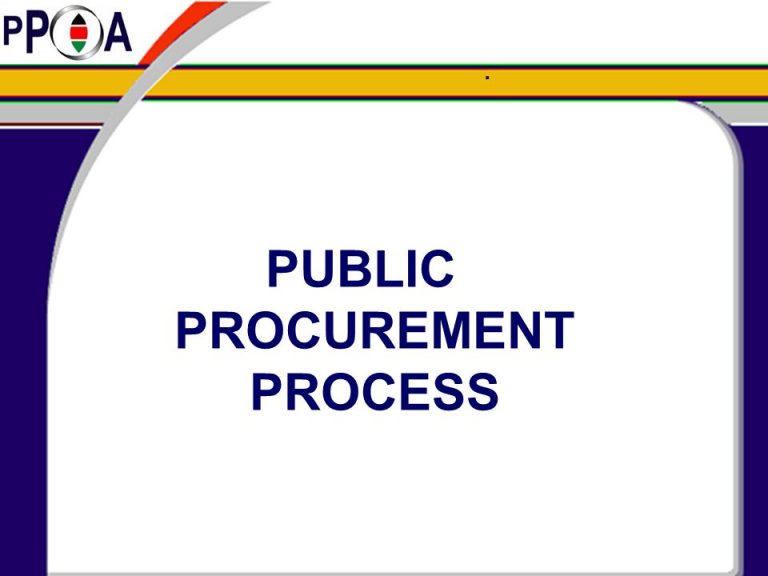
Kenya will next week host the 11th annual East Africa Procurement Forum at the Radisson Blu Hotel, Nairobi. The three-day event, which runs from 28th to 30th November, will be held under the theme, Strengthening Integrity and Accountability in Public Procurement.
The National Treasury Cabinet Secretary Henry Rotich will open the event that brings together about 300 participants drawn from Burundi, Rwanda, Uganda, Tanzania and Kenya. The participants will comprise delegates from the public and private sectors, professional bodies, civil society and training institutions, among others.
The forum is convened on a rotational basis by the public procurement regulatory institutions within the East African Community (EAC) partner states.
Since its inception in 2008, the forum has provided a vital framework for information and experience sharing amongst the participants drawn from the procurement and supply chain management policy makers, regulators, and practitioners in public and private sector. Kenya, through the Public Procurement Regulatory Authority (PPRA), is hosting the event for the third time, having done so in 2009 and 2014.
PPRA Director General Maurice Juma said that with the overall objective of the forum being providing a platform on which stakeholders will deliberate on issues aimed at strengthening integrity, transparency and accountability in national procurement systems within the EAC region, delegates intend to root for the usage of information technology to address corruption.
“The identified theme and topics for discussion reflect the current reforms, trends and developments in the public procurement systems within the EAC region and globally,” Juma asserted, adding: “The forum is expected to come up with resolutions to be implemented by partner states to strengthen integrity and accountability in national procurement systems within the EAC region.”
The conference is organized in partnership with various stakeholders including The National Treasury, National Governments, Ministries, departments and agencies, regional public procurement regulatory authorities, development partners and corporate sponsors. Regional blocs like COMESA and EAC, and development partners including the World Bank, African Development Bank and GIZ have supported the forum.
The main goals of the forum include highlighting the key issues affecting the transformation and modernization of the public procurement systems; forging a common front among East African Community member states on the value of public procurement for the promotion of good governance; professionalization of procurement practice through legal mechanisms; and sustaining public procurement reforms in the national procurement systems with a common strategic framework focusing on improved integrity, accountability, transparency and efficiency through adoption of e-procurement systems.
“With the resolve to demonstrate the region’s progress, the forum further aims at coming up with resolutions purposed to strengthen regulatory frameworks and existing policies that would ensure transparency and stakeholder participation, overseeing implementation and monitoring good practice procurement systems,” added Juma.
The previous forums, which largely hinged on shared knowledge, benchmarking and learning from each other has given the member states the opportunity to propose amendments of procurement laws at the national level.
Kenya has amended the law twice to conform to the trends of the times and largely to as well create employment opportunities for her citizens, notably the youth and women. Notably, the government is committed and has already put structures in place that ensure new spending through small and medium enterprise suppliers with an intent to widen public sector procurement to include SMEs.
“Our ambition is that at least 30 percent of spending on government procurement flows to SMEs directly in the supply chain as this would complement the strategy of youth and women employed in the country. It is indeed against this background that we continue to explore with the regional member states about opening the public sector up to smaller suppliers and further build their capacities”, Juma concluded.
The forum has also attracted attention from other countries such as South Sudan, South Africa, Botswana, Zambia, Ethiopia and Nigeria, amongst other West African countries. A wide spectrum of participants from the public and private sector, procurement professional bodies and those of the built and natural environment, civil society and training institutions have benefitted from the forum.





